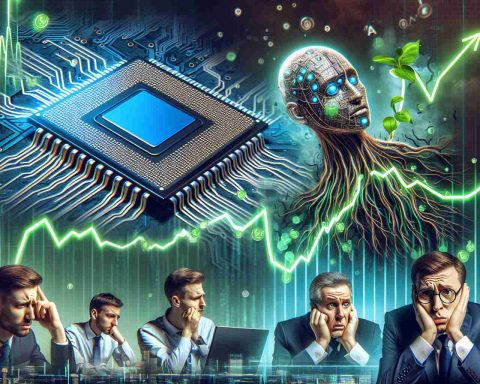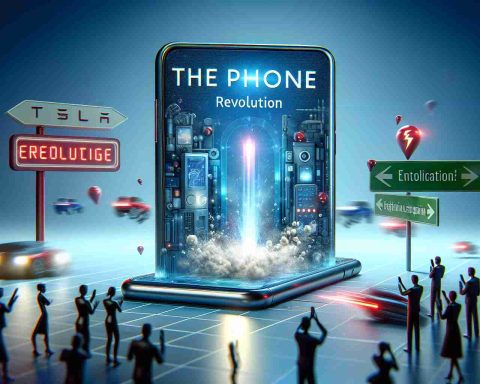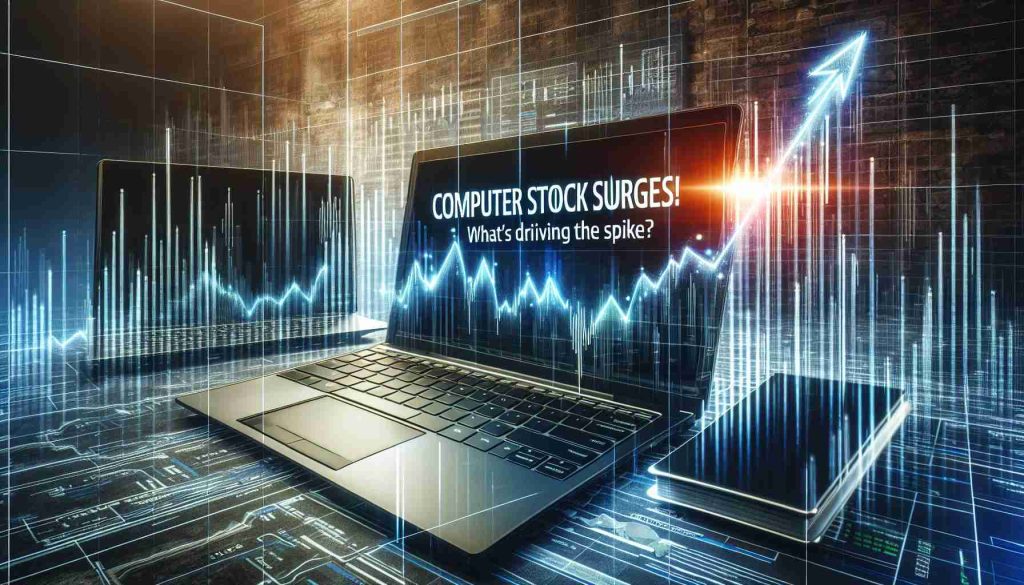Artificial intelligence (AI) continues to transform tech markets, and Dell Technologies and Amazon are emerging as promising contenders in this exciting arena.
Dell: Seizing the Opportunity in AI Servers
Dell Technologies is experiencing a remarkable surge in its AI server market, driving notable financial gains. The company’s infrastructure solutions revenue grew by a substantial 38% to $11.6 billion in the last quarter, propelling it forward in the competitive high-performance server niche.
Dell finds itself in a favorable spot due to problems faced by Super Micro Computer, its chief rival. Supermicro’s financial integrity came into question, leading to the resignation of its auditor and subsequent delays in filing critical reports. These setbacks slashed Supermicro’s market value by over 60% in just a month, shaking its standing as a leading server solutions provider.
In the wake of these issues, Nvidia has shifted its business from Supermicro, presenting Dell with a prime chance to capture additional market share and possibly rise to become a leading force in the sector.
Amazon’s AI Ambitions
Amazon, synonymous with e-commerce, is also making significant strides with Amazon Web Services (AWS), particularly through its AI-driven hardware and solutions. By employing Nvidia’s GPUs, Amazon offers a tiered suite of generative AI services catering to various client needs, from custom development to budget-friendly solutions.
Recognizing the demand for cost-effective computing power, Amazon has started producing its own chips while maintaining partnerships with Nvidia. CEO Andy Jassy predicts that AWS’s AI business, already a multibillion-dollar enterprise, is just beginning to tap into its potential.
As the AI landscape evolves, both Dell and Amazon are strategically positioned to capitalize on this tech revolution.
The AI Revolution: Beyond Servers and Services
As the world races to harness artificial intelligence, the impact stretches well beyond the boardrooms of tech giants like Dell and Amazon. While their advancements capture headlines, the ripple effects of AI technology are reshaping the socio-economic fabric globally.
Behind the Tech: Human Impact
Artificial intelligence is not just about boosting corporate revenues; it fundamentally alters how individuals and societies function. One notable area of impact is employment. While AI aids in automating repetitive tasks, it concurrently displaces jobs, raising critical questions about the future workforce. For instance, sectors like manufacturing and data entry face significant disruptions, urging communities to pivot towards re-skilling and vocational training programs.
Yet, the flip side of this automation boom is the creation of new roles geared towards AI system design, maintenance, and oversight, with organizations offering training programs to fill these emergent positions. This shift highlights a core paradox of AI: it both eliminates and creates opportunities, challenging societies to adapt rapidly.
AI and Accessibility: A Double-Edged Sword
Another fascinating facet of AI’s proliferation is its impact on accessibility. In healthcare, AI algorithms empower early diagnosis and personalized treatment plans, improving patient outcomes and potentially decreasing costs. However, this advantage is accompanied by a digital divide—many rural and developing regions still lack the infrastructure to benefit from these technological advancements, risking further societal inequities.
Environmental Considerations
The rise of AI also brings to focus its environmental footprint. Training large-scale AI models requires significant computational power, thus consuming vast amounts of energy. Tech companies are now grappling with the challenge of making AI sustainable, with many investing in renewable energy sources and more efficient model designs. Here, the question arises: can the industry balance innovation with environmental responsibility?
A Future Shaped by AI: Questions and Insights
As AI intricacies continue to unfold, we must ponder: How can we prepare the next generation for an AI-driven world? What ethical frameworks need to be established to ensure AI development proceeds without compromising privacy and human rights?
From enhancing predictive accuracy in meteorology to optimizing traffic flow in smart cities, IBM and other AI pioneers remain at the forefront of leveraging AI’s possibilities. However, their march forward also points to controversies around data usage policies and the potential misuse of AI technologies.
The Road Ahead: Balancing Act
In summary, while giants like Dell and Amazon further their AI pursuits, the broader ramifications of artificial intelligence touch every corner of modern life. The journey involves weighing AI’s profound advantages against its challenges and controversies, ensuring technology drives progress without leaving anyone behind. Can communities globally rise to meet these multifaceted challenges head-on, finding balance in this new era? How we address these questions will define our collective future in a world increasingly shaped by AI.




























